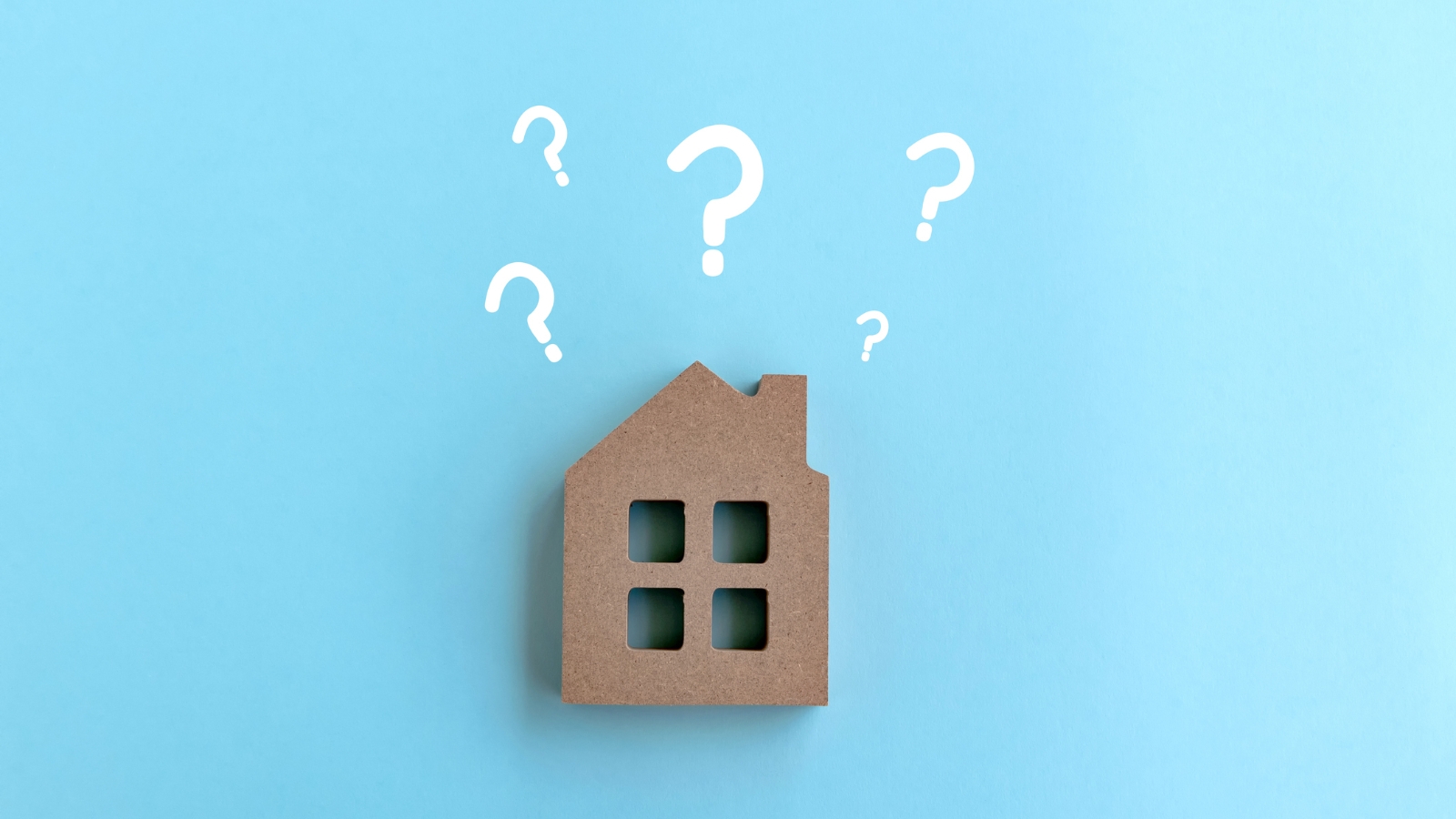Buying guide
Should I buy a house during a recession?
Yeah, nah. Yeah.

What’s so scary about a recession?
Why buying a house during a recession could be a good idea
Ready to start looking?
The risk of buying a house during a recession
To buy or not to buy?
Is now the right time?
Author
Search
Other articles you might like

-fotor-202410101155.jpg)





